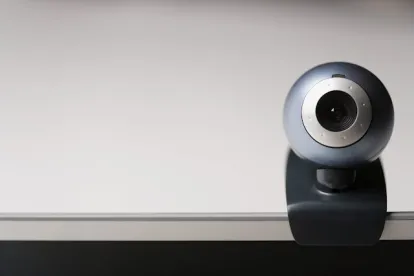In Poland the Tax Office operates a system whereby you can seek prior confirmation of the tax treatment which would be applied to any proposed business activity. One such application has recently hit the press, partly because of its subject matter and partly because of the sheer degree of prior consideration which had clearly gone into it.
Ms X (not her real name) set out her business plan for the Tax Office in considerable detail and sought confirmation that her earnings from her proposed activities would not attract tax in Poland. She would supply, she said, “virtual sex services”, using internet cameras and microphones to connect the service buyer with the provider i.e. herself. There would be a contract between them allowing for pre-payment and the booking of appointments. It would commit her to provide the services exclusively to the buyer for the allotted time-span and in such form as the buyer specified.
Not for Ms X any pretence that this was an honourable business. She made it clear, positively and categorically, that this was prostitution. Indeed, it was a key plank of her business plan that this was the case. Why? Prostitution is not forbidden by law in Poland, but at the same time does not constitute a “socially desirable or acceptable behaviour”, and so contracts for prostitution cannot amount to valid and legally-enforceable undertakings. No income tax is due if a particular activity cannot be the subject of a legally-binding and enforceable agreement. As a result, said Ms X, her earnings from the provision of this service should not be taxable.
Top marks for initiative, obviously, but in the end the Tax Office did not agree that virtual sex services amount to prostitution. It took the view that they are a service “like any other” and so income from them should be taxed like income from any other occupation. But where was the hole in Ms X’s argument?
There is no legal definition of “prostitution” for Polish tax purposes, so the Office found itself with the unenviable task of creating one. Much internet research presumably ensued, no doubt followed by some anxious calls from the Tax Office’s IT department. Dictionaries and Wikipedia came to the rescue and led the Tax Office to define prostitution as “giving one’s body at the disposal of a number of persons in order for them to become sexually satisfied upon fee payment”.
Clearly this definition was self-serving to some extent since the Tax Office then claimed that as there was no physical contact in the services proposed, there was no “giving one’s body”. In addition, as the service provider could not be touched, she could not truly be said to be at the buyer’s “disposal”. To really split hairs, it was not her body that Ms X made available to the service recipient but only a digital image of it. The service was therefore not prostitution but instead merely a “performance” directed by the buyer, by implication very much like a gardener or children’s party entertainer.
In the end, therefore, Ms X’s gallant effort to take the Polish tax regime outside its comfort zone was unsuccessful. The contracts which she intended to make with her punters would technically be valid and enforceable, and therefore were not tax-exempt.




 />i
/>i
